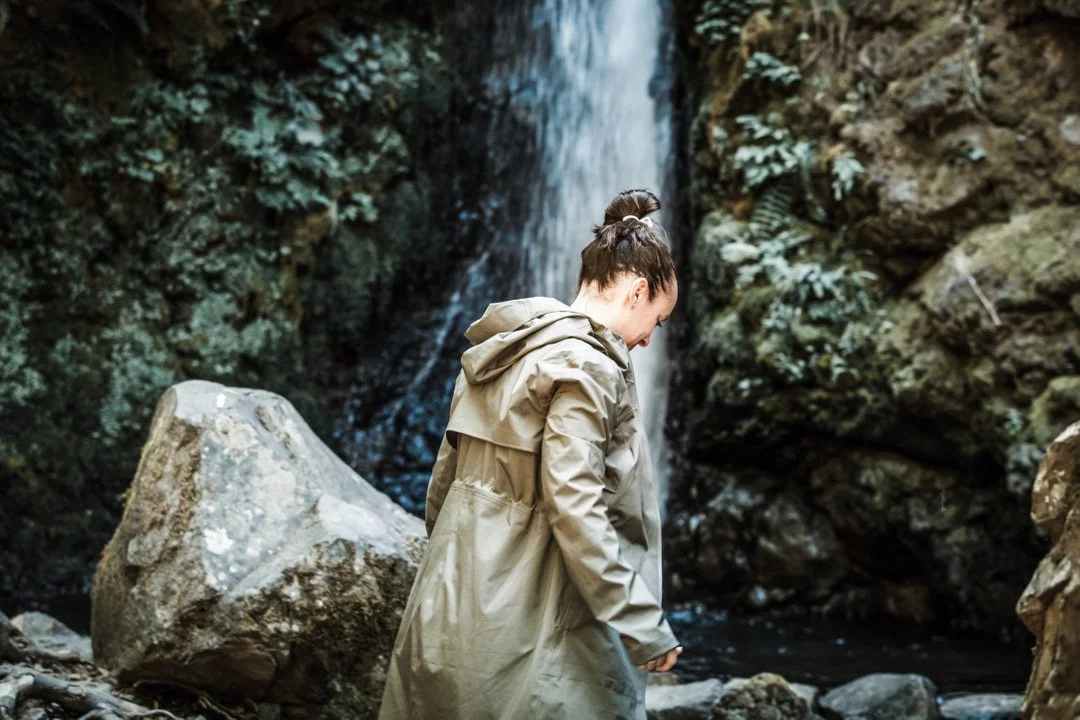What choosing solitude really feels like and why it matters
I used to think solitude was something to survive. Therefore, I treated it like something to push through until someone or something else filled the space again. However, choosing to be alone is not the same as being lonely. Loneliness, to me, has always felt like disconnection or emptiness. Solitude, once you embrace it, feels like home. A place you go to intentionally step away from others to rest, reflect, or recharge. That’s because solitude is about creating space to listen to yourself without distractions.
Unlike loneliness, solitude is usually peaceful and nourishing. It can be a source of creativity, clarity, and self-care. When you choose solitude, it becomes less about what you’re missing and more about what you’re coming back to.
It’s not a matter of being introverted or extroverted. Whether you thrive in groups or refuel best on your own, everyone benefits from a practice of solitude. Without it, it’s easy to lose track of your own rhythm. You start reacting more than responding. You don’t have space to dream of things (like finally ditching the corporate world to live life on your terms with unlimited income). You may show up in your life, but not from a grounded, intentional place.
You don’t need to post up in a remote cabin or fully clear your calendar. You can fold solitude into your day in small ways that feel nourishing. On some days, that might look like a slow, quiet rest with no agenda. On other days, you might crave movement or expression, such as taking a walk without your phone, cooking a new, plant-based recipe while music plays, or writing something just for yourself. The shape of solitude can change, but the purpose stays the same. You’re creating space to listen, without performance or expectation.
We currently live in a world that rewards quick and constant connection, so choosing solitude can initially feel unfamiliar. You might feel restless or reach for your phone out of habit. You might notice memories or emotions surfacing that you didn’t expect. That doesn’t mean you’re doing it wrong. It means your inner world finally has room to speak.
How to stay with yourself when it’s not easy
Solitude has a way of showing you what you’ve been avoiding. That can feel tender. It can also feel deeply necessary. Stillness makes it easier to see your patterns and name what’s been off. It also gives you a chance to move through things without the pressure of having to explain yourself.
Sometimes, solitude will feel like effort. On those days, it helps to keep it simple. Ask yourself what you need more of in that moment. Maybe it’s quiet. Perhaps it’s release. Maybe it’s just ten minutes of doing nothing. There’s no right way. What matters is that you’re choosing to turn toward yourself instead of away.
When solitude becomes a regular part of your life, you may notice a shift. You may find that your reactions become softer. You pause more and say “no” more clearly because you become attuned to what lights you up. You reach for your phone less out of compulsion and more with purpose. You begin to remember how to find comfort and clarity within yourself.
Solitude is a precious way to connect with your senses, your breath, and your needs. It’s not an escape. It’s a form of care that does not wait until things fall apart to begin.
If you’re just starting out, keep it gentle and let your body lead. Notice when you need space and give yourself permission to take it without guilt. Solitude isn’t something you have to earn. It’s something you’re allowed to choose, simply because your own presence is worth tending to. And everyone around us benefits from a more restored and resourced version of ourselves.
If you try it and it feels awkward or uncertain, sit with those feelings and find safety within yourself. Solitude is a practice, not a performance. It’s just like any new muscle-building that takes time to feel more connected to and in control of. Let it become one of the ways you remind yourself that you belong to yourself first.


